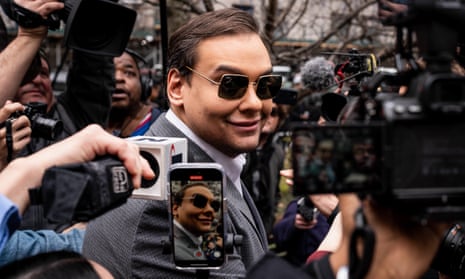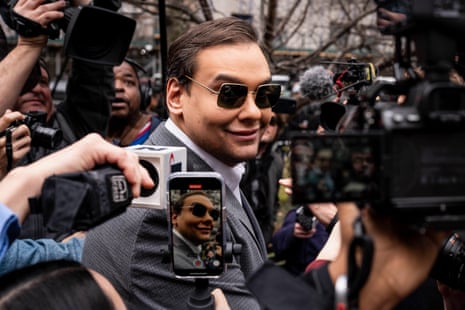Sleep, circadian rhythm and mental health disorders are part of the same chain
New research highlights the link between sleep, circadian rhythm and mental health disorders, suggesting that disruptions to the body's internal clock can trigger or worsen mental health problems. The study highlights the prevalence of circadian sleep disruptions across all mental health disorders, highlighting the need for comprehensive treatment.
Photo: unsplash.com
The review, published in the Proceedings of the National Academy of Sciences (PNAS), suggests that a better understanding of the relationship between sleep, circadian rhythms and mental health could open up new holistic treatments to alleviate mental health problems.
« ;Disturbances of the circadian rhythm of sleep are the rule rather than the exception for each category of mental disorders, — explains study author Sarah L. Chellappa. — Sleep disorders such as insomnia are well studied in the development and maintenance of mental disorders, but our understanding of circadian disturbances lags.
She adds that now, “it is important to understand how these factors interact so that we can develop and implement circadian sleep rhythm interventions that improve patients' sleep and mental health symptoms.”
An international team of researchers from the University of Southampton, King's College London, Stanford University and other institutions examined the latest evidence on sleep and circadian factors, with a particular focus on adolescents and young adults with mental disorders. This is the time when people are most at risk for developing mental health disorders and when sleep and circadian rhythm disturbances are likely.
Insomnia is more common in people with mental disorders than in the general population – during remission, acute episodes and especially in the early stages of psychosis, when more than half of people have difficulty falling asleep. About a quarter to a third of people with mood disorders have both insomnia and hypersomnia, in which patients have difficulty sleeping at night but are sleepier during the day. A similar number of people with psychosis experience this combination of sleep disturbances.
Meanwhile, several studies of circadian rhythm sleep-wake disorders (CRSWD) show that 32 percent of patients with bipolar disorder go to bed and wake up later ordinary. It has been reported that the body's biological clock runs seven hours ahead during manic episodes and four to five hours later during the depressive phase.
Researchers have examined possible mechanisms underlying circadian sleep disturbances in psychiatric disorders. Dr. Nicholas Meyer reported that “Variability in the amount and timing of sleep can lead to a misalignment between our body's clock and sleep-wake rhythms, which may increase the risk of sleep disturbances and adverse mental health outcomes.”
The study found that cognitive behavioral therapy for insomnia (CBT-I) reduced anxiety, depressive, and trauma symptoms in people suffering from post-traumatic stress disorder.
For unipolar and bipolar depression, light therapy was effective. Its use in combination with drug treatment was also more effective than using pills alone.
Taking melatonin in the evening may help people with delayed sleep-wake phase disorder reset their body clock toward a more normal sleep pattern and may have beneficial effects. influence on concomitant mental disorders. Working night shifts can be detrimental to mental health, but eating during the day rather than at night may help, research suggests.
Sarah Chellappa notes: “Taken together, mental health research will take advantage of extraordinary advances in the science of sleep and circadian rhythms and use them to improve the understanding and treatment of mental disorders.






























































Recent Comments